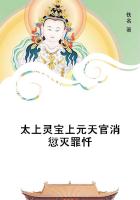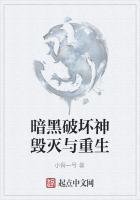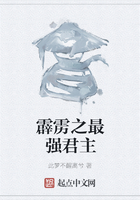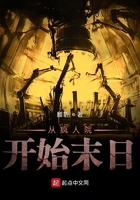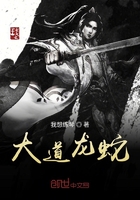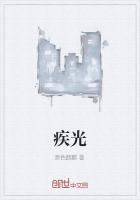In years of scarcity the inferior ranks of people impute their distress to the avarice of the corn merchant, who becomes the object of their hatred and indignation.Instead of ****** profit upon such occasions, therefore, he is often in danger of being utterly ruined, and of having his magazines plundered and destroyed by their violence.It is in years of scarcity, however, when prices are high, that the corn merchant expects to make his principal profit.He is generally in contract with some farmers to furnish him for a certain number of years with a certain quantity of corn at a certain price.This contract price is settled according to what is supposed to be the moderate and reasonable, that is, the ordinary or average price, which before the late years of scarcity was commonly about eight-and-twenty shillings for the quarter of wheat, and for that of other grain in proportion.In years of scarcity, therefore, the corn merchant buys a great part of his corn for the ordinary price, and sells it for a much higher.That this extraordinary profit, however, is no more than sufficient to put his trade upon a fair level with other trades, and to compensate the many losses which he sustains upon other occasions, both from the perishable nature of the commodity itself, and from the frequent and unforeseen fluctuations of its price, seems evident enough, from this single circumstance, that great fortunes are as seldom made in this as in any other trade.The popular odium, however, which attends it in years of scarcity, the only years in which it can be very profitable, renders people of character and fortune averse to enter into it.It is abandoned to an inferior set of dealers; and millers, bakers, mealmen, and meal factors, together with a number of wretched hucksters, are almost the only middle people that, in the home market, come between the grower and the consumer.
The ancient policy of Europe, instead of discountenancing this popular odium against a trade so beneficial to the public, seems, on the contrary, to have authorized and encouraged it.
By the 5th and 6th of Edward VI, c.14, it was enacted that whoever should buy any corn or grain with intent to sell it again, should be reputed an unlawful engrosser, and should, for the first fault, suffer two months' imprisonment, and forfeit the value of the corn; for the second, suffer six months'
imprisonment, and forfeit double the value; and for the third, be set in the pillory, suffer imprisonment during the king's pleasure, and forfeit all his goods and chattels.The ancient policy of most other parts of Europe was no better than that of England.
Our ancestors seem to have imagined that the people would buy their corn cheaper of the farmer than of the corn merchant, who, they were afraid, would require, over and above the price which he paid to the farmer, an exorbitant profit to himself.
They endeavoured, therefore, to annihilate his trade altogether.
They even endeavoured to hinder as much as possible any middle man of any kind from coming in between the grower and the consumer; and this was the meaning of the many restraints which they imposed upon the trade of those whom they called kidders or carriers of corn, a trade which nobody was allowed to exercise without a licence ascertaining his qualifications as a man of probity and fair dealing.The authority of three justices of the peace was, by the statute of Edward VI, necessary in order to grant this licence.But even this restraint was afterwards thought insufficient, and by a statute of Elizabeth the privilege of granting it was confined to the quarter-sessions.
The ancient policy of Europe endeavoured in this manner to regulate agriculture, the great trade of the country, by maxims quite different from those which it established with regard to manufactures, the great trade of the towns.By leaving the farmer no other customers but either the consumers or their immediate factors, the kidders and carriers of corn, it endeavoured to force him to exercise the trade, not only of a farmer, but of a corn merchant or corn retailer.On the contrary, it in many cases prohibited the manufacturer from exercising the trade of a shopkeeper, or from selling his own goods by retail.It meant by the one law to promote the general interest of the country, or to render corn cheap, without, perhaps, its being well understood how this was to be done.By the other it meant to promote that of a particular order of men, the shopkeepers, who would be so much undersold by the manufacturer, it was supposed, that their trade would be ruined if he was allowed to retail at all.





